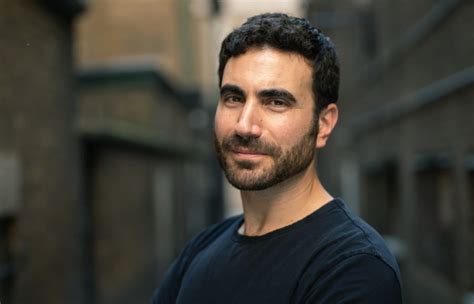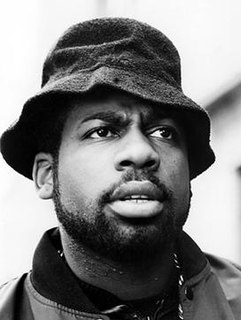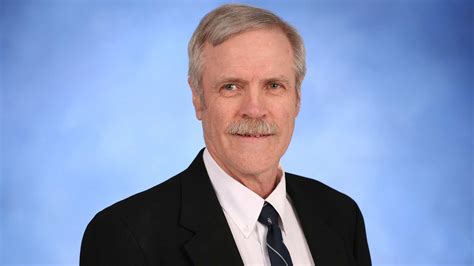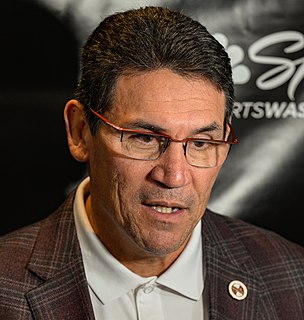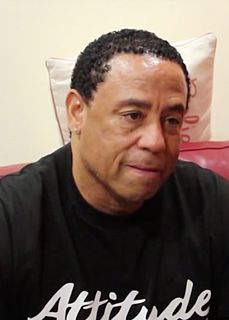A Quote by Walter Lord
There were exceptions, a couple of families that just plain didn't want to even think about it, although forty years had passed but mostly the people were very interested in talking about it.
Related Quotes
Will Bridges, who is the co-creator with me, when we were working on 'SuperBob,' we were just talking about how we like to write about relationships. And we were talking about what love is. We were in very different stages; he was married and was about to have his first child, and I was kind of dating the wrong people.
When you had the World Trade Center go, people were put into planes that were friends, family, girlfriends, and they were put into planes and they were sent back, for the most part, to Saudi Arabia. I would be very, very firm with families. Frankly, that will make people think because they may not care much about their lives, but they do care, believe it or not, about their families' lives.
First I went to a Jewish school, when I was very little. But when I was 12, they put me in a school with a lot of traditions, and they were educated people and they were talking about Greece and the Parthenon and I don't know what. All the kids, all the girls they had already seen that and knew that from their family, and I would say, "What are you talking about, what's that?" It's not my world. My grandparents were very well-educated people, but in the Jewish tradition. They knew everything about the Bible.
You've probably heard about the theory of steam-engine time - that even after the steam engine had been invented, it had to wait until people were ready to make use of it. The same thing happens in literary circles. The truth is, I'm not terribly interested in Victorian times; I'm interested in Victorian writers. I'm interested in most eras of history, but not the Victorian Era especially. I was interested in the John Franklin Expedition. I was interested in these last five weird years of Dickens' life. And I just have to take the age that comes with all that when I write about it.
After Mickey passed, I was talking to my mom on the phone. She was talking about how we were such good brothers and we were so close. And I said, 'Mom, think about how we were raised. We were a military family. And in a military family, because you move around so much, your best friends and your first teammates are your brothers or your sisters.'
I started out as an actor, but I forced myself to be a writer, even though I wasn't very good at it and had never written. I don't think I ever passed an English course in my life. My first eight to 10 scripts were pretty horrendous, but I stayed at it, stayed at it, and stayed at it, until I eventually found a voice and a subject like Rocky that people were interested in.
I was a young feminist in the '70s. Feminism saved my life. It gave me a life. But I saw how so much of what people were saying was not matching up with what they were doing. For example, we were talking about sister solidarity, and women were putting each other down. We were talking about standing up for our rights, and women weren't leaving abusive relationships with men. There were just so many disconnects.
One of the things I know about my family, my generation, and my ethic background is that we put in work and I'm not just talking about just to eat. You have to think about the civil rights movement, they were putting in work; marching, walking miles and miles, sacrificing, getting on the bus, feeding one another, they had schools, voter registration, they were working! They were hard workers so my advice is to work.
I think Grace [Dunham] and I are always working from a personal place, and the fact that these were issues that we'd been talking about in our own families really clicked, but also Jason's [Benjamin] passion about it and his clear sense that this was going to be something emotional and remarkable to watch. It was very hard not get excited about it and want to help in any way we could.

